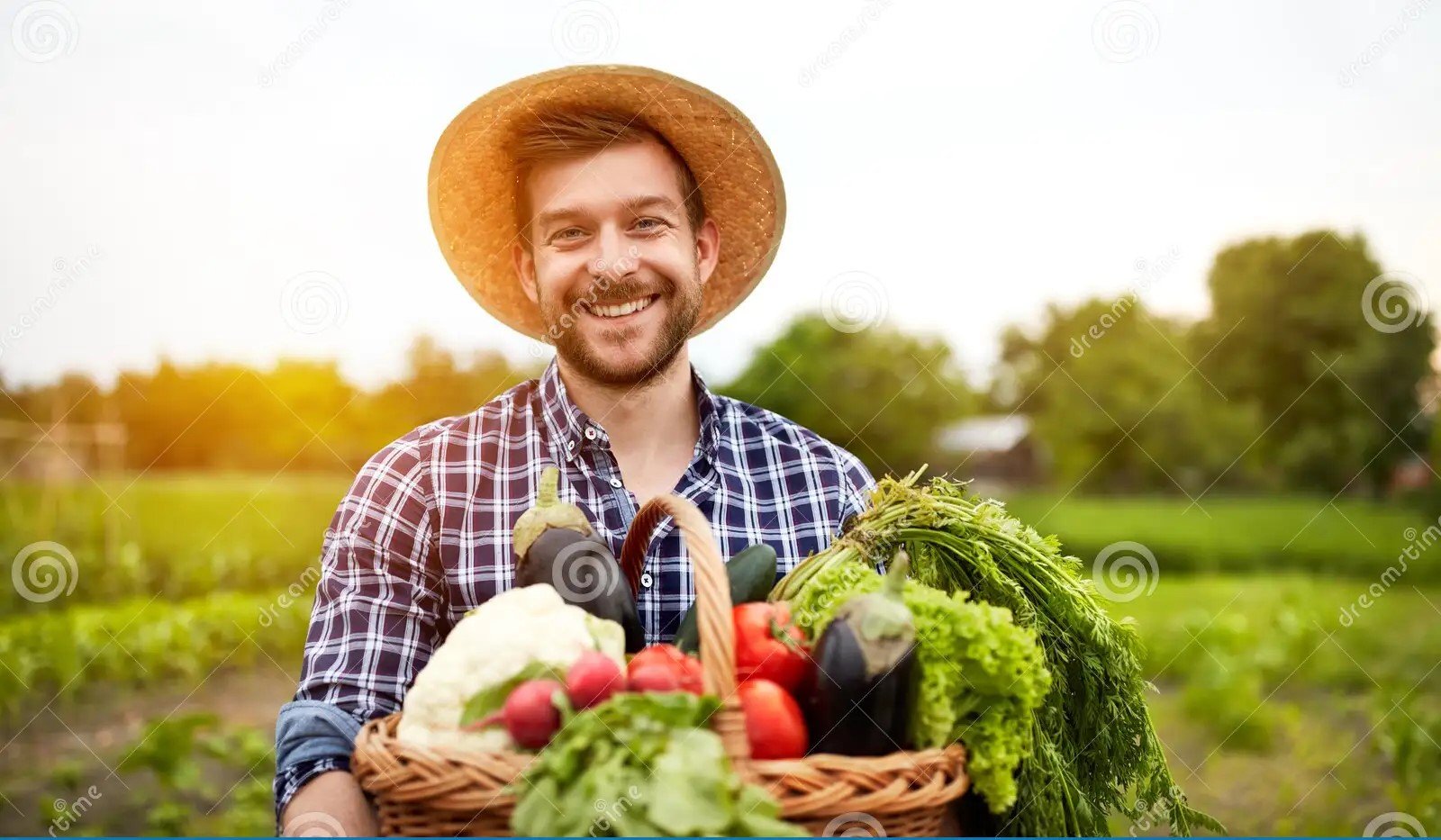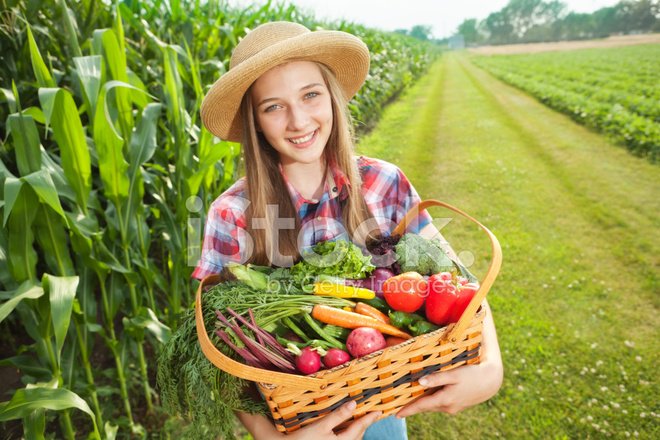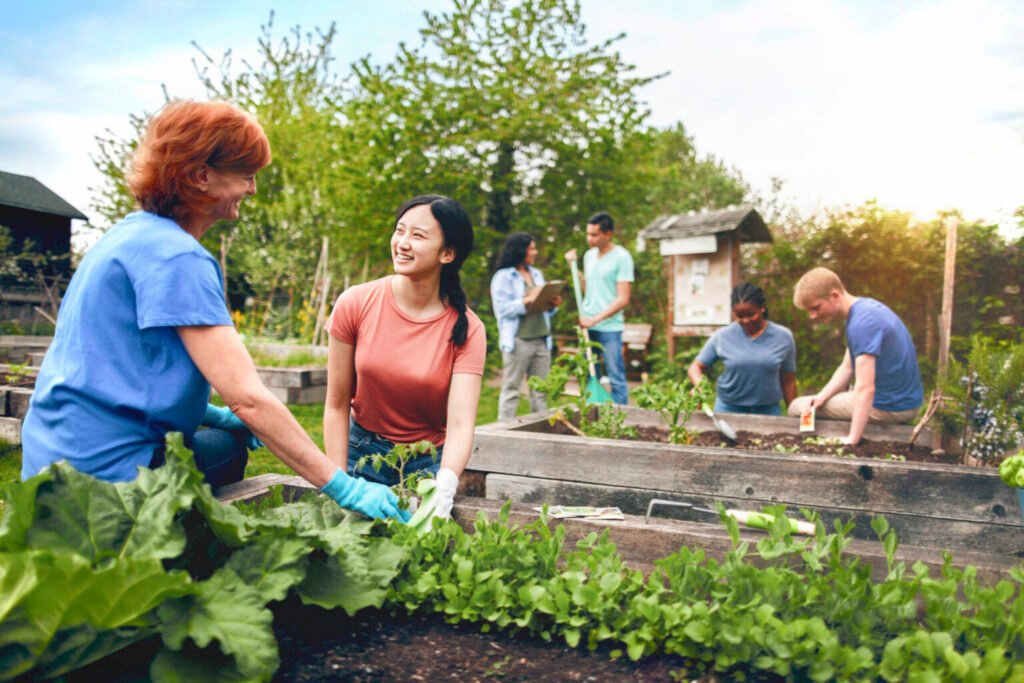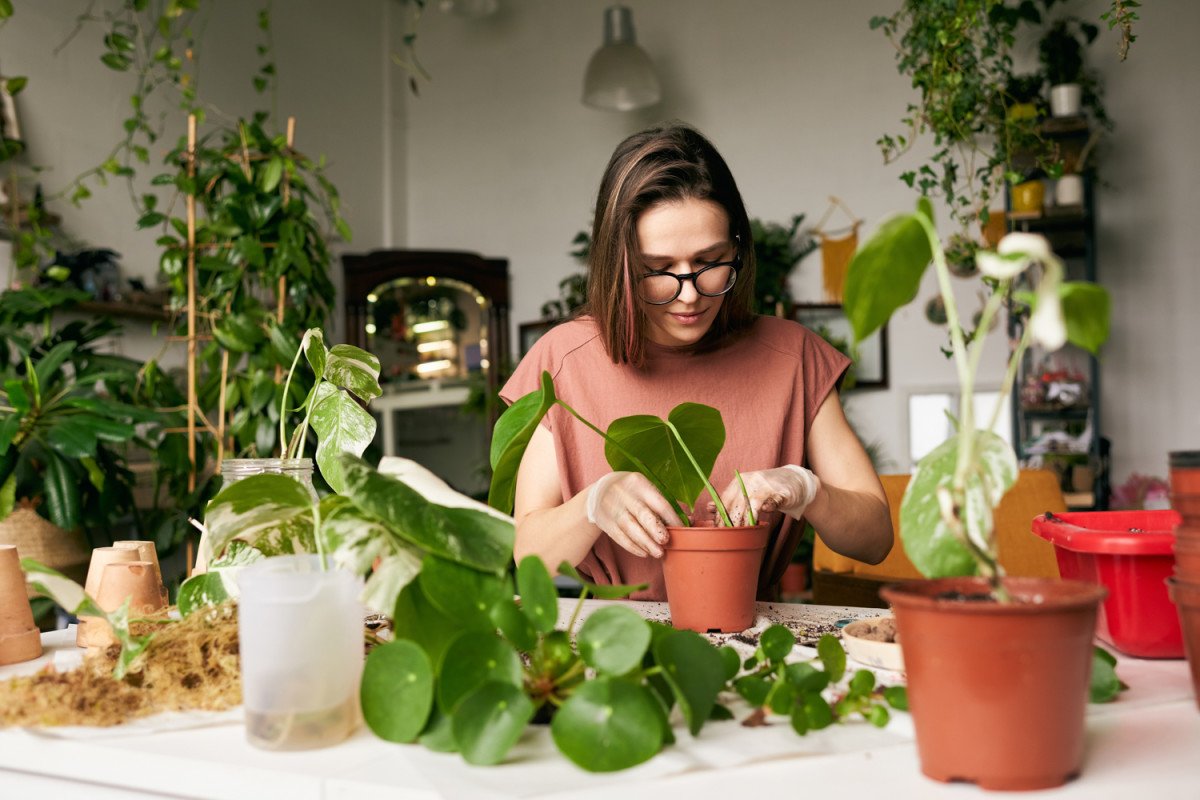
Smart Organic Garden: What Are the Benefits of Organic Gardening?
Organic gardening puts natural processes and materials first to grow plants. It goes beyond just growing food; it’s a way of life that values health, sustainability, and a stronger bond with nature. More people now realize how their choices affect the environment and their health making organic gardening more popular. This guide will show you the many perks of organic gardening and why it’s a good choice for anyone who wants to create a thriving, eco-friendly garden.
1. Healthier, Chemical-Free Produce

Growing healthier, chemical-free produce is a key benefit of organic gardening. Regular gardening techniques often use man-made pesticides, weed killers, and plant foods, which can leave unsafe traces on fruits and veggies. Research has linked these chemicals to several health problems such as hormone imbalances allergic reactions, and even some types of cancer.
chemicals. Instead, it uses natural options such as compost, manure, and eco-friendly pest control. This approach results in produce that’s free from harmful leftovers making it a safer choice to eat. What’s more, research has shown that organic produce often packs more essential nutrients. These include vitamins, minerals, and antioxidants, which play a key role in keeping us healthy.
2. Environmental Sustainability and Soil Health

Organic gardening has its roots in practices that make the environment more sustainable. By not using man-made chemicals organic gardeners help keep the soil, water, and nearby ecosystems safe. Soil health stands out as a main idea in organic gardening. Gardeners keep the soil healthy through natural ways like making compost changing crop locations, and planting cover crops.
Soil that’s in good shape has plenty of organic stuff in it. This makes the soil better overall, helps it hold water, and gives helpful tiny organisms a place to live. These little critters are key in breaking down organic material, which lets plants get more nutrients. As time goes by, the soil that’s taken care of gets more fertile and tough. This means you don’t need as many chemical fertilizers leading to gardening methods that last longer.
Also organic gardening helps cut down on pollution and stop water sources from getting contaminated. When chemicals run off from regular gardens, they can seep into groundwater, rivers, and lakes. This harms aquatic life and makes drinking water dirty. By not using man-made chemicals organic gardeners help create cleaner healthier environments.
3. Biodiversity and Natural Pest Control

Organic gardens buzz with life. Bees, ladybugs, earthworms, and birds call these spaces home. This mix of creatures plays a key role in keeping the garden’s ecosystem healthy and balanced. When gardeners skip the man-made bug killers, they create a space where all sorts of living things can grow and thrive. Helpful bugs like ladybugs and hunter beetles help keep pest numbers in check. This means gardeners don’t need to rely on harsh chemicals to protect their plants.
What’s more organic gardening influences the use of companion planting where certain plants grow together to improve each other’s growth and guard against pests. To illustrate, planting marigolds next to tomatoes can help keep aphids away, while basil can drive off mosquitoes and flies. This natural way to control pests not only safeguards the environment but also leads to a stronger garden that can better handle challenges.
4. Cost-effective and Resourceful Gardening

Setting up an organic garden might cost a bit more at first than regular gardening, but it can save you money over time. Organic gardening helps you become more resourceful and self-reliant by using what nature provides and cutting down on store-bought supplies.
You can make rich compost from kitchen leftovers fallen leaves, and other plant waste, which means you won’t need to buy as much fertilizer, if any. Also, collecting rainwater in barrels to water your plants helps save water and lower your water bills. As your garden soil gets better and more self-sustaining, you’ll need fewer extra supplies, which leads to big savings in the long run.
Also, eating fresh organic veggies from your garden has an impact on your health. This can lower medical bills linked to pesticide contact and poor diet. Growing food at home means you’ll go to the store less often saving you time and cash.
5. Enhancing Mental and Physical Well-being

Gardening has a reputation for improving mental and physical health, and organic gardening is no different. The physical work in gardening—digging, planting, weeding, and harvesting—gives you a good workout that helps your heart, builds muscle, and makes you more flexible.
Besides the health perks organic gardening makes you feel proud and happy. Growing plants from seeds to harvest can be satisfying and helps you feel close to nature, which many people miss in today’s busy world. Time spent outside in the garden can lower stress, lift your mood, and make you feel better overall.
What’s more growing organic produce can bring people together allowing families and communities to share both the work and the rewards of a plentiful harvest. When you garden with kids, neighbors, or friends, this shared experience helps build social bonds and creates a feeling of community.
6. Reducing Carbon Footprint

Organic gardening helps cut down your carbon footprint in a few ways. First, when you grow your food, you don’t need as much produce shipped from farms to grocery stores, which puts out a lot of carbon. Second organic gardening methods, like using compost and organic mulches, trap carbon in the soil, which helps fight climate change.
Also, organic gardening often uses heirloom or open-pollinated seeds, which hold up better to local conditions and need fewer resources to grow. By planting these seed types organic gardeners help keep genetic diversity alive and rely less on farming practices that use a lot of fossil fuels.
7. Long-Term Sustainability and Food Security

As worries about food security and sustainability increase organic gardening provides a workable answer for people and groups to gain control over their food sources. When you grow organic gardens, you add to local food systems cutting down reliance on industrial farming, which often links to damage to the environment and social unfairness.
Organic gardening encourages saving seeds growing different crops, and using farming methods that last, which can be handed down to future generations. By showing others these skills, you help make sure that people in the future will have access to healthy nutritious food grown in a way that respects the environment.
Getting Started with Your Smart Organic Garden
Starting an organic garden can be tough, but if you do it right, you’ll find it rewarding and fruitful. First, pick a spot that gets plenty of sun. Most veggies and fruits need 6-8 hours of sunlight each day. Next, get your soil ready. Mix in organic stuff like compost, manure, or leaf mold to make it rich and healthy.
Choose organic seeds or baby plants, and think about planting certain crops together to keep bugs away and help plants grow better. Switch up where you plant things each year to keep your soil strong and cut down on pests and plant sicknesses. Spread organic materials like straw or wood bits on top of the soil to keep it moist and stop weeds from growing.
Water your garden well by setting up a drip irrigation system or giving it a drink in the morning to cut down on water loss. , take your time and keep a close eye on your garden. Growing things takes practice, and as you go along, you’ll pick up the know-how to create a healthy long-lasting garden.








